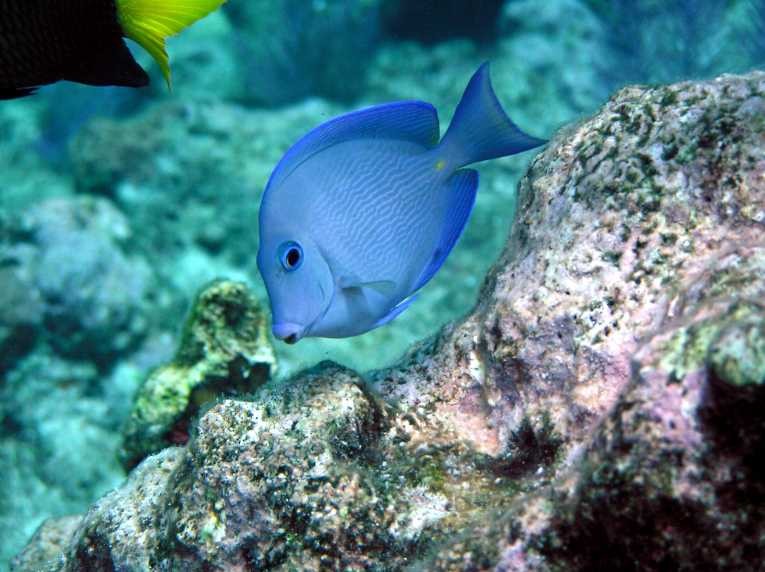Coral reefs have been stress-tested by a conservation charity to find those which are most likely to survive the changes of global warming and on which conservationists should target their efforts.
The team from the Wildlife Conservation Society (WSC) has published the results of their research in Global Change Biology, and call the likely survivors ''reefs of hope''.
The warming of seas is bad news for coral, which rely on single-celled complementary creatures called Zooxanthellae to stay healthy; they also give coral their colour. Corals often respond to stress - including changes in water temperature - by expelling the Zooxanthellae, which themselves may stop photosynthesizing also draining reefs of colour.
Bleaching is real danger sign for reefs, and although they can recover, it often spells the end for parts of these wonderful marine habitats.
The WSC team used historical data, satellite photos and observations of coral reefs to examine the status of reefs and their likely reaction to temperature increases in the western Indian Ocean.
Coral bleaching has already hit the area of the study, from the Maldives to South Africa, and WSC aim to encourage governments to concentrate management and conservation efforts on the reefs which are most likely to be around in the long term.
The seas from southern Kenya to northern Mozambique, north-eastern Madagascar, the Mascarene Islands, and the coastal border of Mozambique and South Africa were, the team found, most likely to have a long-term future thanks, in part, to the diversity of species that live around them.
''The future is going to be more stressful for marine ecosystems, and coral and their dependent species top the list of animals that are going to feel the heat of climate warming,'' said Dr. McClanahan, the study’s lead author and WCS Senior Conservationist. ''The study provides us with hope and a map to identify conservation and management priorities where it is possible to buy some time for these important ecosystems until the carbon emissions problems have been solved.''










